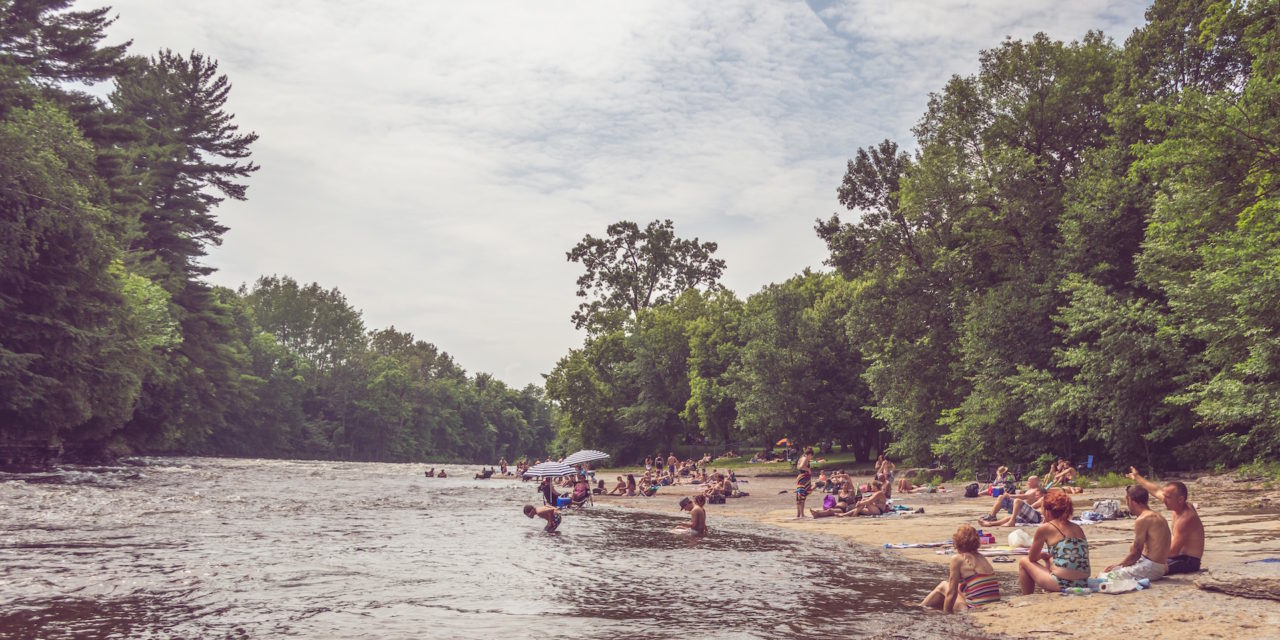Traveling can be a hassle for anyone, but it’s often a nightmare for people with learning differences and their friends and family. Tight spaces, unfamiliar environments, not always having the creature comforts you find at home…it can be challenging. I remember a trip to Mexico with my family being pretty miserable because my taste sensitivity made it difficult to even gulp down most of the food there. Even though it was middle of winter, I missed Minnesota dearly and stayed holed up in my room reading books for most of the trip. The more I learn about learning differences, the more I realize that other individual’s experiences are often even less fortunate than mine was. To ease the difficulty of travel, here are a few things you can try to make your loved one’s trip a little more comfortable:
ENABLE YOUR LOVED ONE TO FEEL AT HOME
Even though you’re often going to a place for fun or leisure, the unfamiliarity of their surroundings can really unnerve or even scare young adults with learning differences. For that reason, bring whatever creature comforts from home that are portable on your travels. Whether your loved one will appreciate a favorite game or book or a movie, give them something they can retreat to when things begin to get tough for them.
PREPARE FOR PARKING
When traveling, it’s important to be aware of where you’re going to park your vehicle. If you haven’t already, it’s worth considering getting a handicap placard as this can be useful for parking easily in accessible-friendly spots.
For those who need extra space and mobility, sorting out something like this can certainly be helpful to sort prior to your travels.
PREPARE FOR THE WORST
Someone’s game system running out of battery on a flight might not sound like an emergency, but it just adds another hurdle to an already difficult journey. Identify the things that could most upset your loved one, and take extra measures to ensure that doesn’t happen. Bring an extra charger for that Nintendo DS or smartphone or iPad. Pack some kind of food in a go-bag so that if your loved one is hungry, they can be fed. Sometimes all it takes is a pack of peanuts to prevent a major meltdown.
DON’T SCHEDULE TOO MANY ACTIVITIES
Keeping young adults with learning differences busy is often beneficial, but on a trip where they’re partaking in a lot of activities that they don’t really want to be doing it’s a little different. Be sure to give them enough room to breathe on the trip, or you risk overwhelming them.
DON’T SCHEDULE TOO FEW ACTIVITIES
Presumably, you want your young adult to have new experiences on the trip, so make sure to plan at least some things that will broaden their horizons. Mix in activities you know they’ll enjoy with a few you want them to try to keep things manageable
Remember that it’s their vacation, too
A trip should be for their benefit as well as yours. Don’t make your young adult wish they’re in school instead of on break. This is a chance for them to mature and become more independent, but it should still feel like an excursion and not excruciating. Always keep in mind that they deserve a good time, too, and things are a lot more likely to work out.









